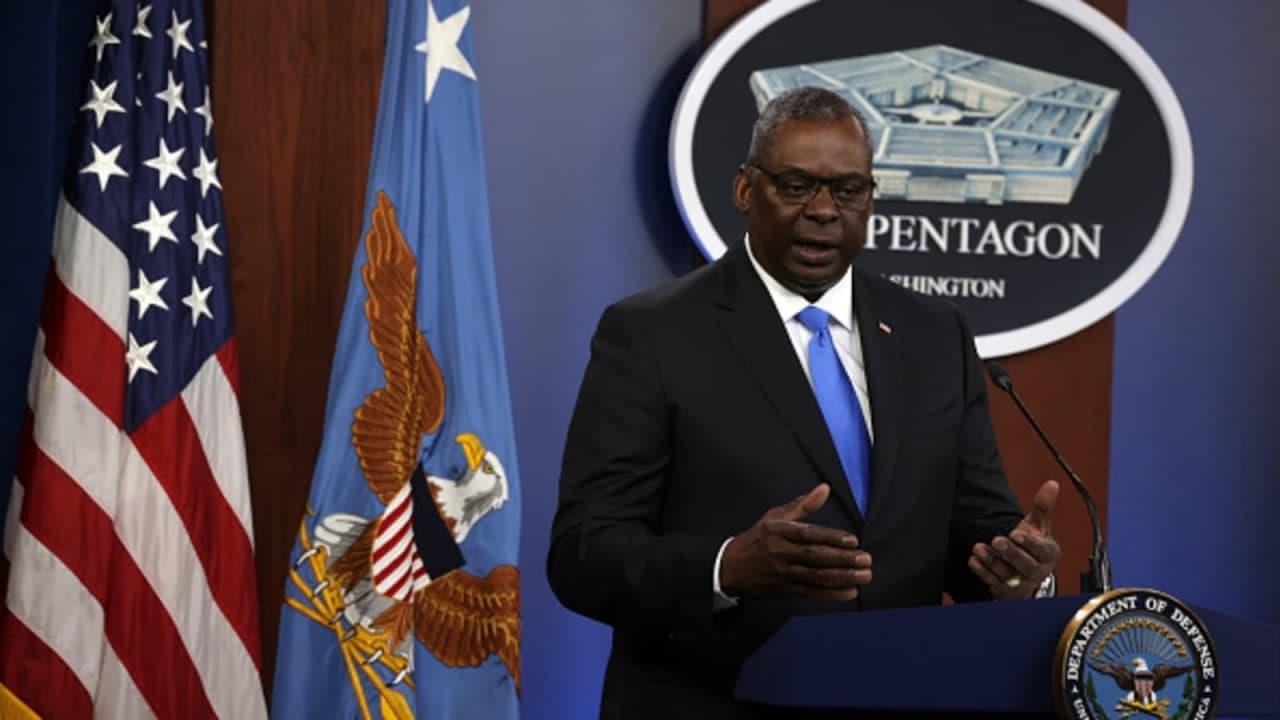FAIRBANKS, July 25 (Reuters) - United States Defense Secretary Lloyd Austin will become the first member of President Joe Biden's Cabinet to visit Southeast Asia this week, seeking to emphasise the importance Washington places on fortifying ties in the region while pushing back against China.
The United States has put countering China at the heart of its national security policy for years and the Biden administration has called rivalry with Beijing "the biggest geopolitical test" of this century.
Six months into his presidency, however, Southeast Asian countries are still looking for details of Biden's strategy as well as his specific plans for economic, trade and military engagement with the Indo-Pacific.
"You'll hear me talk a lot about partnerships and the value of partnerships," Austin told reporters en route to Alaska.
"My goal is to strengthen relationships," he said.
In a keynote speech in Singapore on Tuesday (Jul 27) and meetings in Vietnam and the Philippines, Austin will call out aggressive Chinese behaviour in the South China Sea and stress the importance of keeping the wider region free and open.
His trip follows the first visit by US Deputy Secretary of State Wendy Sherman to China on Sunday and Monday and coincides with a trip by Secretary of State Antony Blinken to India, another important partner in US efforts to counter Beijing.
Experts say Austin's presence is important to make clear that Southeast Asia is a vital component in Biden's efforts.
"The administration does understand that this region is critical, so that's a big part of it: Just showing up," said Gregory Poling, a senior fellow for Southeast Asia at Washington's Center for Strategic and International Studies.
An Asian diplomat, speaking on the condition of anonymity, said it appeared the Biden administration was now directing its focus more firmly on Asia after addressing other global issues, such as relations with Russia and Europe.
Austin had been due to visit the region in June, but was forced to postpone due to COVID-19 restrictions in Singapore.
